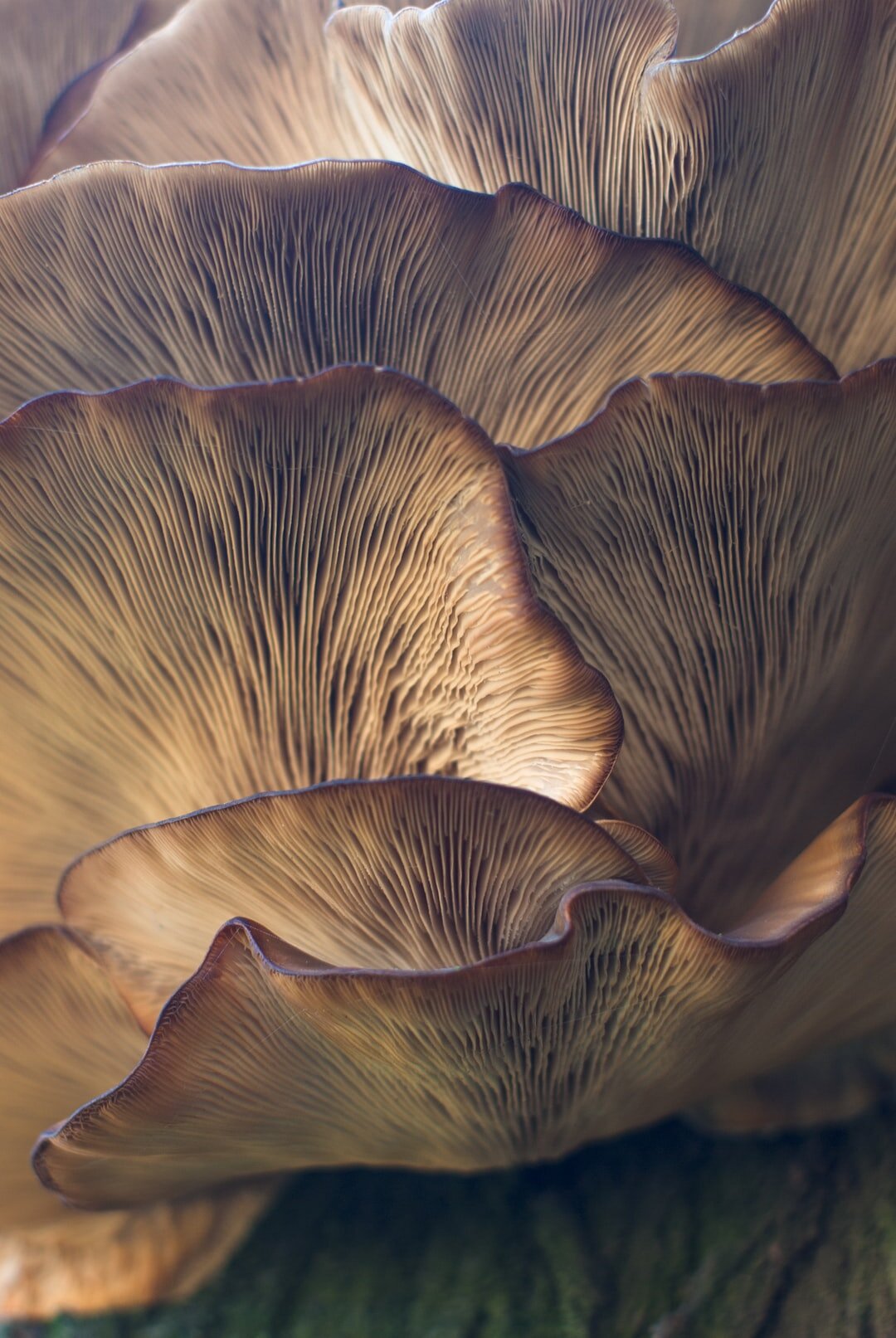Our HOME Model
Our HOME Model provides the framework for us to explore psycho-spiritual and existential themes together. Each week we explore a different theme focused on: Intention, Healing, Oneness, Meaning, Essence and Integration. The tools and practices that we weave through these themes are intended to soothe the nervous system, increase self-compassion, and gently make space for the full spectrum of human emotions. Exploring these themes in a safe, held space can also lead to new insights and understandings.
Our HOME Model draws upon a vast range of tools and practices to help support healing states. Some of the methods used include: visualisation, yoga nidra (a very gentle and safe form of meditative relaxation), breath work, music, the power of group sharing, rituals and ceremonies.
H
Healing
Shifting focus from ‘curing’ to finding peace and wholeness within
O
Oneness
Appreciating your place in the universe by supporting connection to self, to others, and to the wider world
M
Meaning
Finding meaning in the experience whilst also accepting the mystery of life and death
E
Essence
Exploring the notion that our essence may continue beyond our physical form

Modern medicine tends to focus on the mechanism of a disease and places less value on the patient experience of a disease or illness. This is not the case in other cultures where it is recognised that an individual's needs exist on social, spiritual, emotional, and physical levels that are all interdependent and interconnected.
Expanding Modern Healthcare
At Essence Medicine we are attempting to expand modern healthcare to include ‘psycho-spiritual care’. However, this is no small task and we are aware of the challenges and complexities of introducing concepts such as ‘essence’ and ‘oneness’ into any framework or model of care. We realise that these concepts tend to be reduced or dismissed by western medicine, yet we do not believe this should hinder us. We have focussed on these concepts as they can be recognised universally and their use transcends the need for religious or any particular spiritual belief. We do, however, understand that even by using these concepts, we are treading a fine line between promoting psycho-spiritual care and pushing our own beliefs and/or worldview onto others. This is something we actively seek to avoid. We welcome all religions and faiths but strive to take a non-denominational approach and maintain equanimity when it comes to providing psycho-spiritual care so that our work may reach and support as many people as possible.
Building The Bridge
We view psycho-spiritual care as holistic care that centres on the signifcance of spiritual health to the overall health and wellbeing of a person. Research has shown that when psycho-spiritual needs of patients are addressed, they are more likely to be accepting of their illness, are more capable of finding coping strategies, and have a greater ability to find meaning and purpose in their life. Under the umbrella of ‘psycho-spiritual care’ we also place psychedelic therapy. Research has shown psychedelic therapy has the potential to reduce the fear of dying, increase wellbeing and quality of life, reduce physical pain, and improve the quality of relationships. These promising results make psychedelic therapy an important area for further study and we hope to see a change in legislation over the coming years to enable a range of patients to access this therapy.
It is important to acknowledge that whilst psychedelics are experiencing a renaissance in the west, they are not a new discovery. Psychedelic medicines have a rich history and have been used in other cultures for millennia. Whilst we are working to help steward psychedelic therapy into modern healthcare, with a particular focus on the palliative care setting, we are acutely aware that we have much to learn from cultures and communities, and that by only viewing psychedelics through a modern, western scientific lens, we are only seeing part of the picture.
We are working to build a bridge between ancient wisdom and modern medicine but understand that this bridge can only be built upon the foundations of a desire to contribute to the health, wellbeing and equality of all humanity. The scientific progress and clinical promise of psychedelics owe much to the history of indigenous healing practices; yet indiegenous people and other marginalised groups are often not acknowledged and at worst, exploited. We therefore make a commitment to never position ourselves as experts, to remain humble, always be open to learning, and to uplift the voices of the communities and individuals that work with psychedelics outside of the clinical setting.
